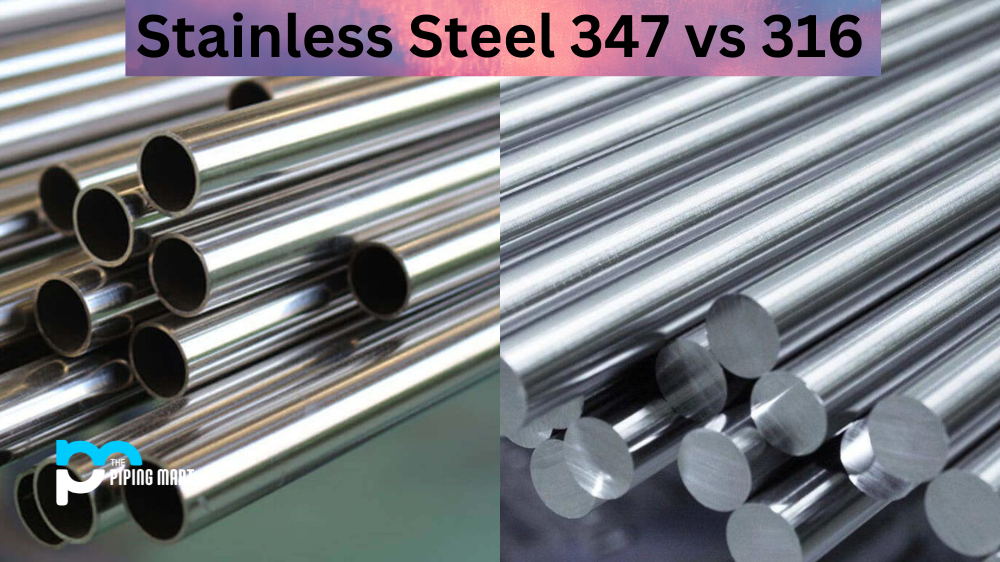Alloys are combinations of two or more metals, resulting in a stronger material than the original metal. Many alloys offer superior strength, durability, and corrosion resistance compared to pure metal. From steel to bronze to brass and beyond, alloys are used in a wide range of products across various industries. Let’s take a closer look at what alloys are and how they can be used.
What is an Alloy?
An alloy combines two or more elements, at least one of which must be metal. When two metals are combined, they form an alloy with unique properties not found in the original metals themselves. For example, when aluminum and zinc are combined to form brass, the resulting alloy offers superior strength and corrosion resistance compared to either aluminum or zinc alone. This means that brass is often preferred for applications that require high levels of strength or corrosion resistance.
Types of Alloys
Alloys come in various shapes and sizes – from steel to bronze to brass and beyond – each with its unique set of properties. Steel is one of the most common alloys used today; it is created by combining iron with carbon and other elements like manganese or chromium. Steel is known for its strength and durability, making it ideal for construction materials such as bridges and buildings. Bronze is another type of alloy made from copper and tin; this combination results in a more robust material than copper or tin. Bronze has historically been used for sculptures due to its malleability; however, it still has sufficient strength for many types of machinery parts.
Stainless steel
Stainless steel is an alloy of iron, chromium, and other metals. It is highly resistant to corrosion and is often used in the food industry, as well as for medical and surgical equipment.
Aluminum
Aluminum is an alloy of aluminum and other metals. It is lightweight and durable, making it ideal for use in the aerospace industry.
Copper
Copper is an alloy of copper and other metals. It is highly conductive and is often used in electrical applications.
Bronze
Bronze is an alloy of copper and tin. It has a high resistance to wear and is often used in bearings and gears.
Brass
Brass is an alloy of copper and zinc. It has a high resistance to corrosion and is often used in plumbing applications.
Conclusion:
Alloys provide us with extremely strong materials that can be used in countless applications across multiple industries. Each type offers different properties depending on their composition, from steel to bronze to brass, allowing us to tailor our materials specifically for our needs. By understanding the various types of alloys available, science and engineering students (or anyone interested) can make informed decisions about which type best suits their project’s requirements!

Meet Bhavesh, a seasoned blogger with a wealth of knowledge and experience. From metal products manufacturing to retail, Bhavesh has a diverse background in various industries and is dedicated to sharing his insights and expertise with readers.




